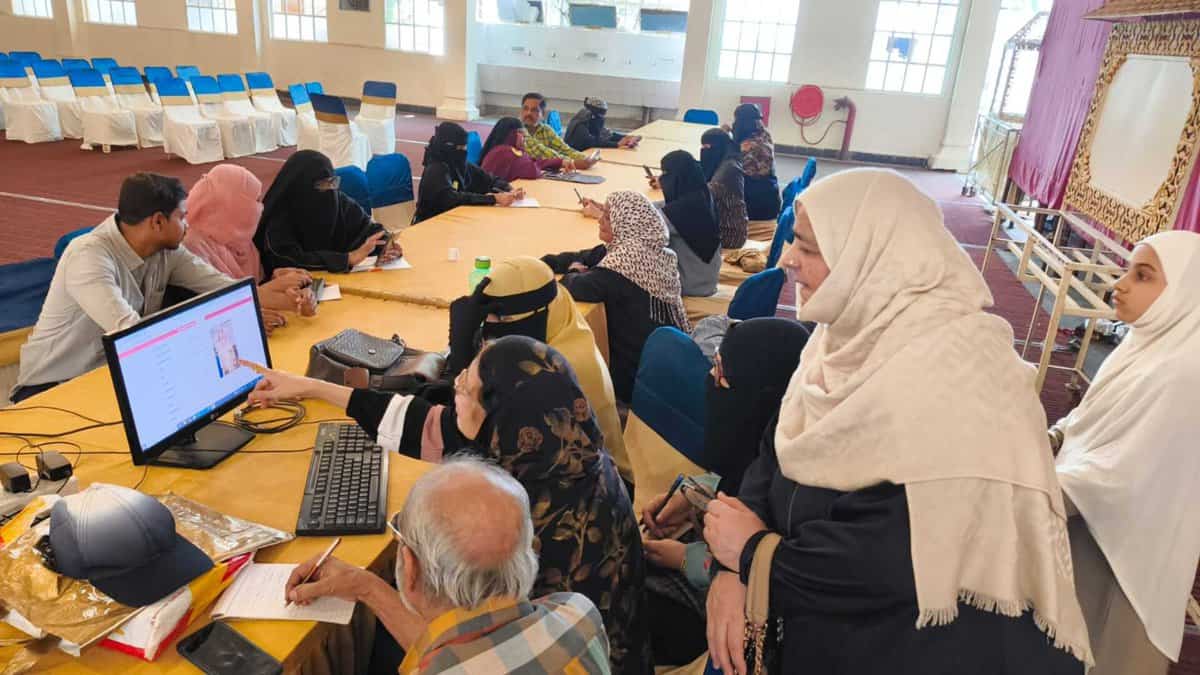The situation first came to light on January 10 when 99 domestic cats fell ill and were taken to a veterinary hospital.
Life in Chhindwara town is expected to get back to normal after March 4, following the detection of the H5N1 virus in domestic cats—a first in India. Since February 10, authorities have been on high alert, especially in the tribal-dominated areas. As a precaution, all meat, chicken, and egg markets have been temporarily shut, and residents have been advised to seek medical attention if they experience flu-like symptoms.
The situation first came to light on January 10 when 99 domestic cats fell ill and were taken to a veterinary hospital. Initial treatments were ineffective, and two of the cats later tested positive for the H5N1 virus. While bird flu typically affects birds, there have been rare cases where it has infected humans, sometimes leading to severe illness or even death.
Officials believe the cats may have contracted the virus from consuming infected chicken provided by their caretakers. In response, the administration swiftly imposed a 21-day ban on the sale and purchase of meat, chicken, and eggs. Local poultry and meat shops were also sealed to prevent further spread.
When veterinary doctors in Chhindwara were unable to identify the cause of the cats’ illness, they alerted the Bhopal district lab. Experts collected samples, which were then sent to the National Institute of Virology in Pune on January 15 and 22. By February 10, test results confirmed the presence of the H5N1 virus in two cases. Acting quickly, officials traced the source of the infection to local meat shops. Samples from these shops tested positive for bird flu, leading to the immediate destruction of all related meat and eggs. The affected shops were also shut down for a month.
Authorities also tested 65 people who had been in contact with the infected cats, but fortunately, all results came back negative. Despite this, health officials continue to monitor the situation, keeping a close watch within a 10-kilometer radius.
To further contain the outbreak, officials took strict measures, culling 500 hens and chickens and destroying 40,000 eggs. With these efforts in place, Chhindwara hopes to return to normalcy soon, while experts remain vigilant for any further developments.
(With IANS inputs)

















































